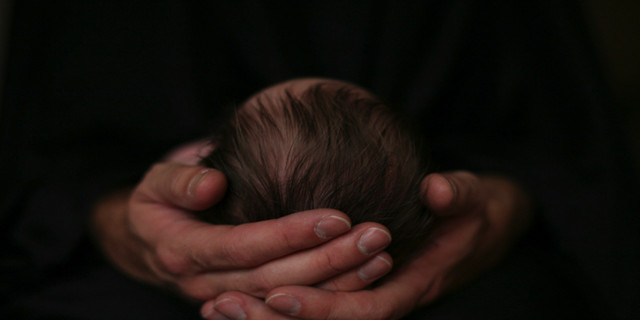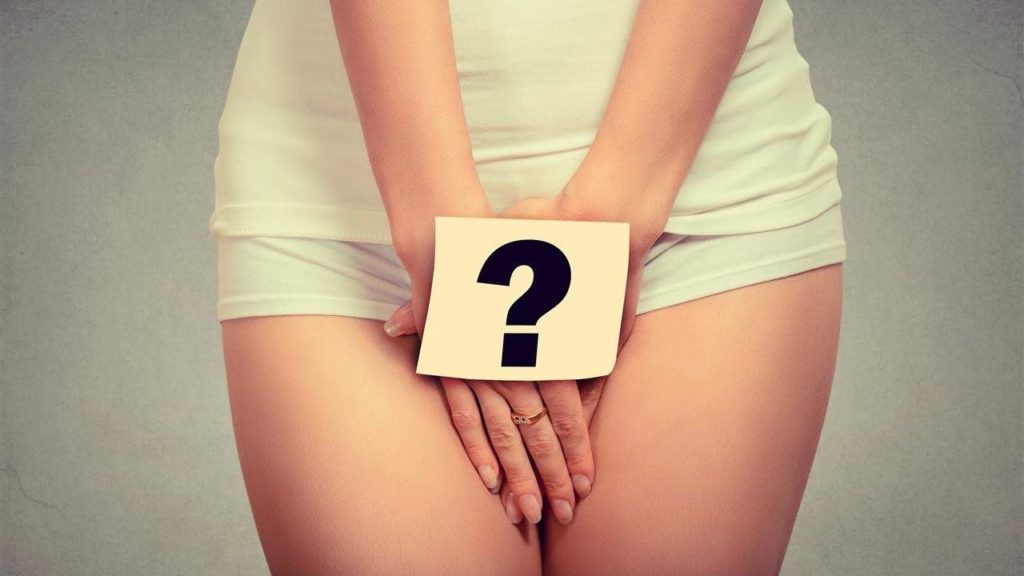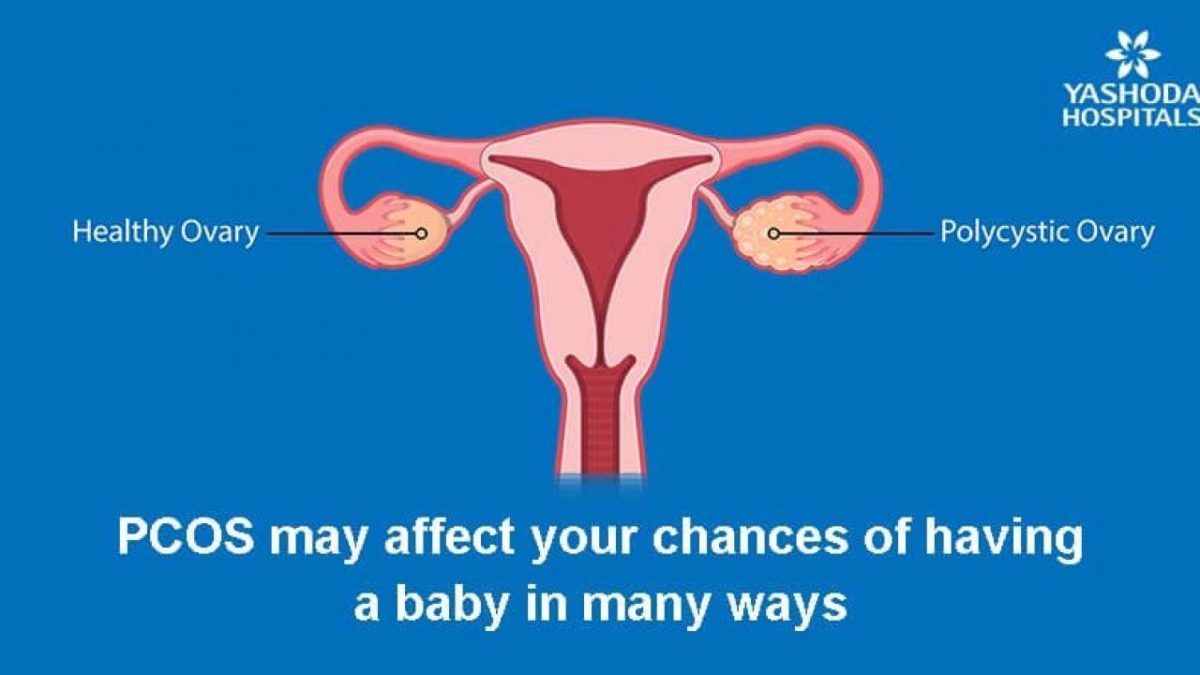Heartbreak can be a terrible thing especially if you invested a lot in the relationship or it lasted a long time. When it comes to heartbreak, the reaction of every individual varies, that is more reason why no one can feel what you’re feeling except that person has been in that place before.
This article aims at helping you heal faster because if you deny your hurt, you will be in a dark place for a long time. And when I say dark, I mean the unforgiving place, a place where you are not willing to open up to another relationship and even move on.
Below are helpful ways of healing from that heartbreak:
Feel The Feelings And Don't Force Yourself To "Just Get Over It."
The feelings of heartbreak can be really deep, and most people do not really like to process the feeling, and understand it a lot more. It is important we allow ourselves to feel these feelings, and get to process them in order to really know how to deal with them.
When you allow yourself to feel it a bit maybe cry over it or go somewhere quiet to shout the pain out, you have a sense of freedom to move on, and you feel more inclined to overcome the same feeling that might occur in future.
Get The Energy Out.
The energy you use to process a heart break should be let out through various means. You can take a walk, run, go to the gym or swim, just to clear your head from the situation. Channeling your energy to something new and getting a new hobby as stated above is very helpful to get over heartbreak.
Forgive.
Forgive yourself of what might have happened to trigger the heartbreak, and understand that all was only a learning process in your quest to build a relationship with someone.
By forgiving, it frees your mind and you break the chains that are binding you and allow yourself to live a better life with the person you are meant to be with.
Be Honest With Yourself.
Be honest with yourself. Why did you guys fall out? Was it your fault or your partners? What did you want out of the relationship? Do you still like your ex-partner? Are ready for another relationship or you’re looking for rebound? Answer these questions honestly as it might help you know your reality and heal on time.
Take Back Your Personal Power.
Take back your personal power, what you know belongs to you and what you are good at. You might feel like you have lost some of your integrity and traits, just because of the heartbreak, but people need to see you for who you really are.
Basically, go back to doing the things you used to do to better yourself. More so, things your partner did not fully agree with and you think it can add value to you, pick it up again and work on it.
Basically, just be a better version of yourself for yourself and whoever you end up being with.
Hope You Enjoyed The Article!
Thanks for Reading.
Philip George & Temidayo Adebimpe.























